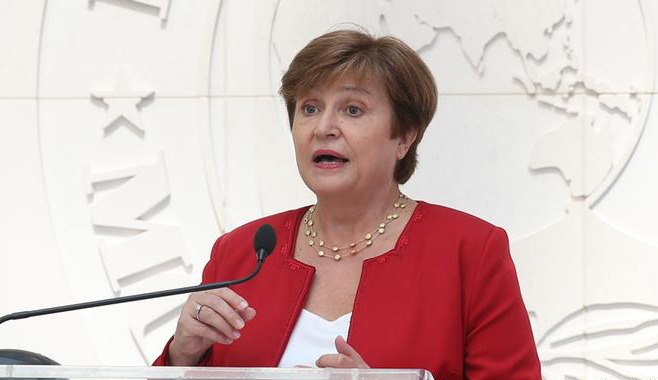
- IMF expects global economic growth to dip below 3% in 2023 and remain around 3% for the next five years, its lowest medium-term growth forecast since 1990.
- Strong and coordinated monetary and fiscal policy actions to respond to the COVID-19 pandemic and Russia's invasion of Ukraine prevented a much worse outcome in recent years.
- Growth dropped by almost half to 3.4% in 2022 following the shock of Russia's war in Ukraine from the 6.1% rebound seen in 2021.
- India and China would account for half of global growth in 2023, but about 90% of advanced economies would see a decline in their growth rate this year.
- Low-income countries, saddled by higher borrowing costs and weakening demand for their exports, would see per-capita income growth staying below that of emerging economies.
- IMF chief called on central banks to stay the course in the fight against inflation and to address financial stability risks when they emerge through appropriate provision of liquidity.
- Recent bank failures in Switzerland and the United States had exposed risk management failures at specific banks and supervisory lapses.
- Georgieva called for major step changes, including an estimated $1 trillion a year in spending on renewable energy, and moves to avoid the fragmentation of the global economy, which could shave as much as 7% off global GDP.
- Technological decoupling could see some countries suffer losses of up to 12% of GDP.
That final comment on decoupling is ominous but I'm more worried about the disruption from AI.

